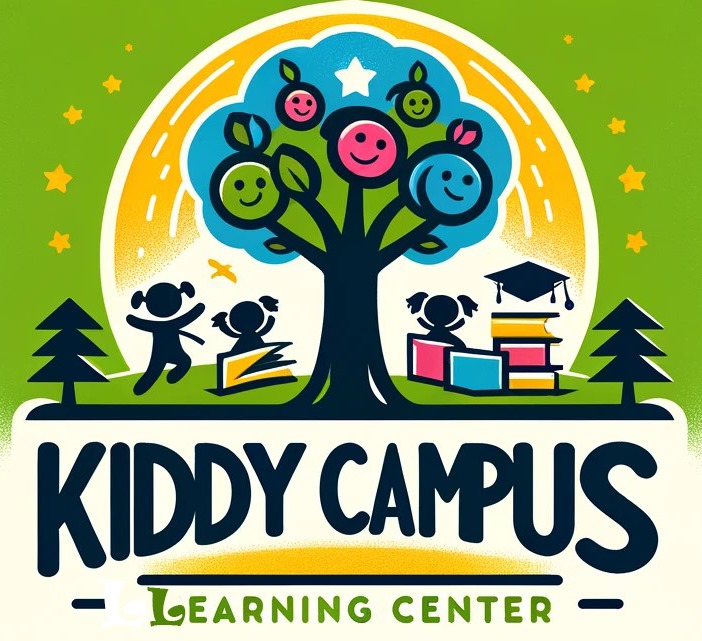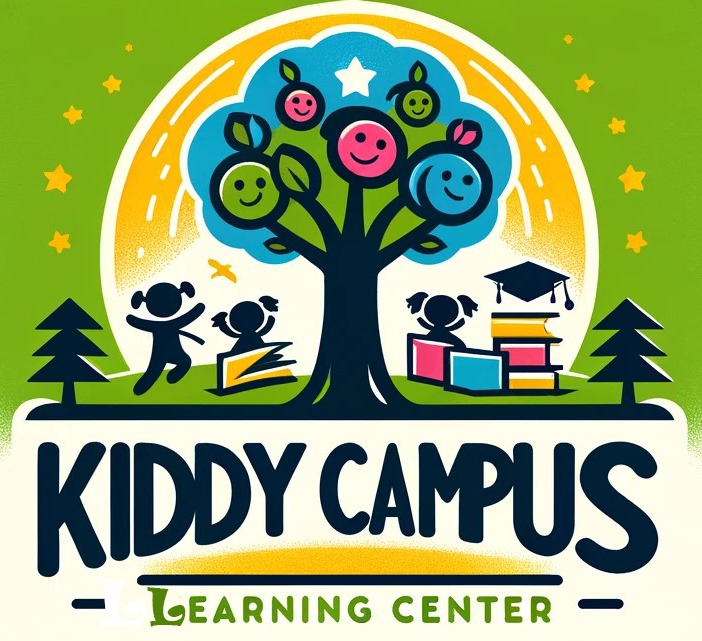Planning the perfect summer camp for kids can be an exciting yet challenging task. With a bit of organization, creativity, and understanding of what kids enjoy, you can create an unforgettable experience for the little ones. Here’s a comprehensive guide to help you plan the ideal summer camp for kids.
Understanding the Purpose of Summer Camps for Kids
Summer camps for kids are more than just a break from school; they are a chance for children to explore new activities, make friends, and develop skills in a fun and safe environment. Kiddy Camps Learning Center provides structured opportunities for kids to grow physically, emotionally, and socially. Whether the camp is focused on sports, arts, nature, or science, the key is to offer a well-rounded experience that caters to the interests and developmental needs of the campers.
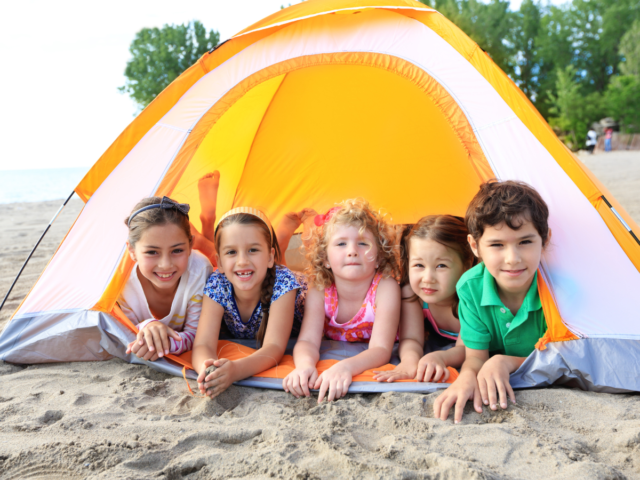
Steps to Plan the Perfect Summer Camp for Kids
1. Define the Camp’s Objectives
The first step in planning a summer camp for kids is to define the camp’s objectives. What do you want the kids to gain from this experience? Objectives could include:
- Encouraging teamwork and cooperation
- Building self-confidence and independence
- Developing new skills or hobbies
- Promoting physical fitness and outdoor activities
Having clear objectives will guide your planning process and ensure that the activities and programs you select align with your goals.
2. Choose the Right Location
The location of your camp is crucial. It should be safe, accessible, and suitable for the activities you have planned. Consider the following factors when choosing a location:
- Proximity to medical facilities
- Availability of clean drinking water and sanitation facilities
- Safety and security of the area
- Availability of indoor and outdoor spaces for different activities
3. Plan a Diverse Program of Activities
A successful summer camp for kids includes a variety of activities that cater to different interests and abilities. Here are some ideas for a diverse program:
- Outdoor Adventures: Hiking, nature walks, and scavenger hunts.
- Sports and Games: Soccer, basketball, swimming, and relay races.
- Creative Arts: Painting, crafts, music, and drama.
- Educational Workshops: Science experiments, nature study, and storytelling.
- Team-Building Activities: Group challenges, trust exercises, and cooperative games.
Include a mix of physical, creative, and educational activities to keep the kids engaged and excited throughout the camp.
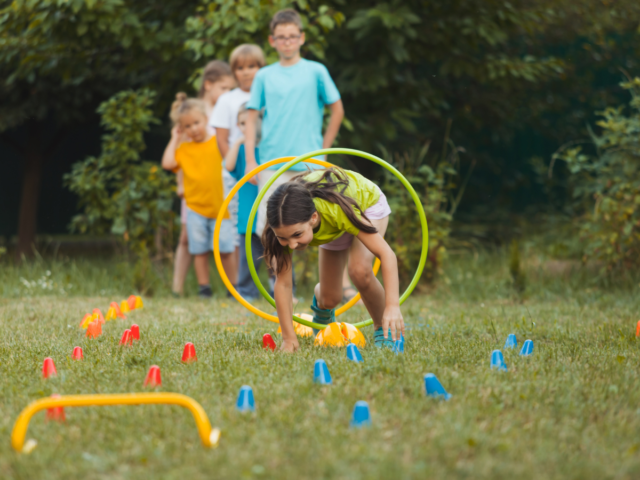
4. Hire Qualified Staff
The success of your summer camp for kids depends largely on the quality of your staff. Hire individuals who are not only qualified but also passionate about working with children. Your team should include:
- Camp counselors and activity leaders with experience in childcare
- First aid certified personnel
- Specialists for specific activities
Conduct thorough background checks and provide comprehensive training to ensure your staff is prepared to handle any situation that might arise.
5. Safety and Health Protocols
Safety should be your top priority when planning a summer camp for kids. Implement the following measures to ensure a safe environment:
- Establish a strict sign-in and sign-out procedure
- Provide first aid kits and train staff in basic first aid and CPR
- Set clear rules for behavior and safety during activities
- Ensure all equipment is in good condition and safe to use
- Have a plan in place for emergencies, including severe weather or injuries
6. Create a Detailed Schedule
A well-structured schedule is essential for a smooth-running camp. Create a detailed daily schedule that includes:
- Arrival and departure times
- Meal and snack breaks
- Transition times between activities
- Free play and rest periods
Make sure the schedule is balanced, allowing time for both structured activities and free play. Keep in mind that kids need time to relax and unwind between activities.
7. Communicate with Parents
Clear communication with parents is crucial for a successful summer camp. Provide parents with all the necessary information before the camp starts, including:
- A detailed schedule of activities
- Packing list with essential items (e.g., sunscreen, hats, water bottles)
- Emergency contact information
- Health and safety protocols
Regular updates during the camp will also keep parents informed and reassured about their children’s well-being.
Tips for a Memorable Summer Camp for Kids
- Theme Days: Plan special theme days, such as a pirate adventure or superhero day, to add excitement and variety.
- Camper Recognition: Acknowledge campers’ efforts and achievements with awards or certificates.
- Involve the Kids: Allow kids to have a say in some activities or themes, fostering a sense of ownership and enthusiasm.
- Capture Memories: Take photos and videos (with parental consent) to create a camp memory book or video montage for the kids to take home.
- Include a Final Showcase: End the camp with a performance or exhibition where kids can show off what they’ve learned to their parents.
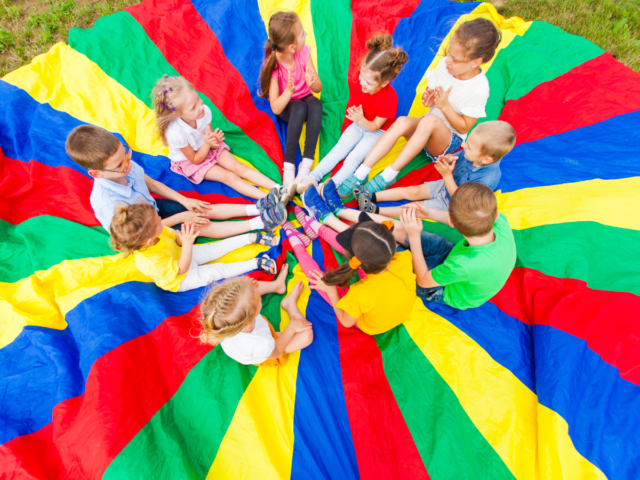
Conclusion
Planning the perfect summer camp for kids involves careful preparation, creativity, and a focus on safety. At Kiddy Campus Learning Center, we believe that by defining clear objectives, choosing the right location, planning diverse activities, hiring qualified staff, and ensuring robust safety protocols, we can create a fun and enriching experience that kids will remember for years to come. Effective communication with parents and gathering feedback will further enhance the camp experience, making each summer camp better than the last. So, roll up your sleeves, get planning, and prepare to offer the kids a summer full of fun, learning, and adventure!
